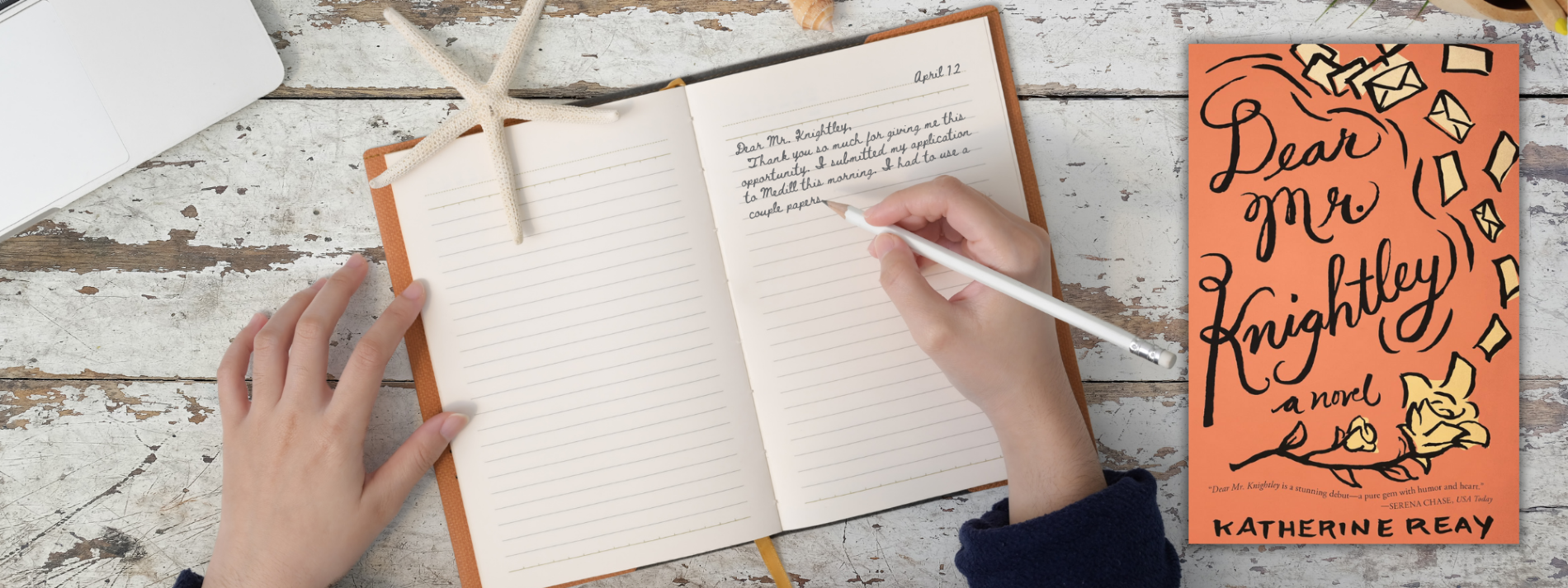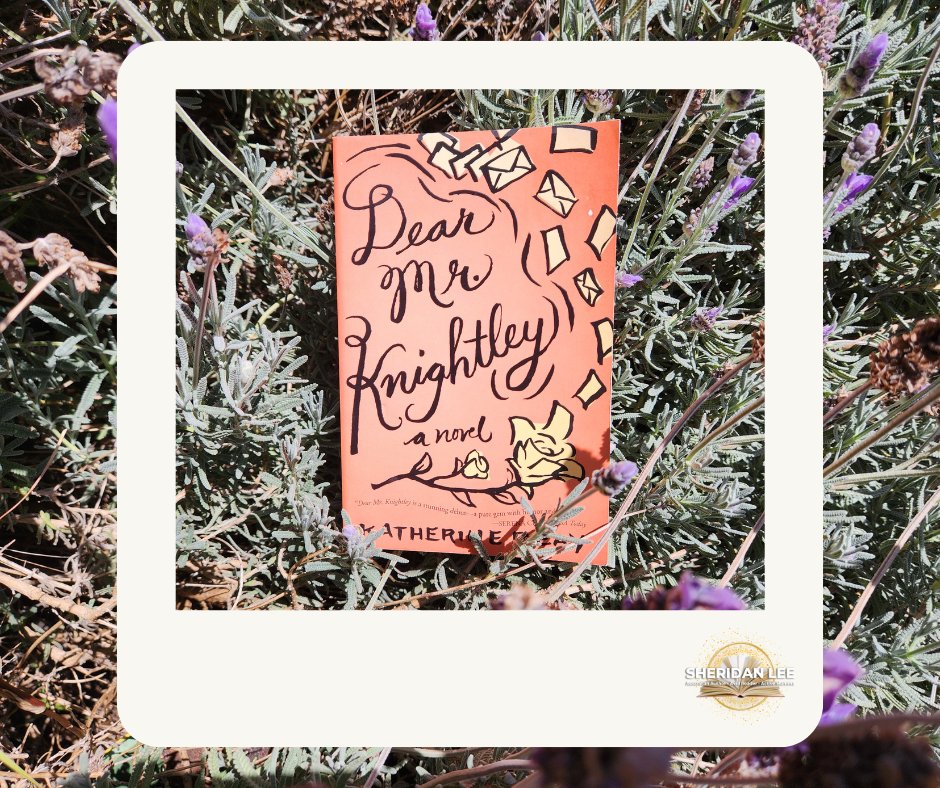
If you’re a regular reader, you’re probably aware of my love for Katherine Reay (see my posts here, here, here and here, haha!). Whether it’s meticulously researched historical fiction or heartfelt contemporary women’s fiction, Ms Reay has written several 5-star reads I’ve thoroughly enjoyed.
So, you might imagine how long I’ve wanted to read some of her older books. Her debut, Dear Mr Knightley, in particular. The lovely readers in the Avid Readers of Christian Fiction Facebook group have taunted me with cover screenshots, reviews and “you need to read this!” comments for far too long, so last month I remedied my problem. After failing to find the novel at my local library or in the Libby app to borrow, I scoured the internet for the paperback. I’m happy to report I found and bought myself a second-hand paperback in fabulous condition cheaper than the $12.99 ebook!
I count it a win not only for my wallet but for the friends who’ll soon ask to borrow this book. 😉
Dear Mr Knightley is an epistolary novel with similarities to Jean Webster’s amusing Daddy Long-Legs, which I read immediately after Ms Reay’s debut.
Yes, I noticed the resemblance between the two stories, but I also appreciated their vast differences. Some call Dear Mr Knightley a retelling of Webster’s 1912 classic, but I see these books as individual stories with similar storylines.
Dear Mr Knightley chronicles Sam’s journey, an orphaned, bookish 23-year-old woman who accepts a grant to complete her master’s in journalism. Much of the novel unfolds as letters Sam writes to her benefactor, anonymously known as George Knightley, updating him on “things that matter”.
If you’re a Jane Austen fan like me, you’ll recognise our beloved Mr Knightley from Emma. Thankfully, the Jane Austen love fest doesn’t end there. This story overflows with love for Austen’s books, along with other classics like Elizabeth Gaskell’s North and South. But beware, reading Sam’s tale might also stir a hunger to reread your favourite classics or rewatch some BBC episodes. 😉

I enjoyed Sam’s letters and revelled in her openness sharing her thoughts with Mr Knightley, like a beloved diary… even though I sometimes struggled to understand her. She escaped into fiction and used stories as shields, a coping mechanism against the awful things she experienced growing up.
One of Sam’s quirks was comparing people to Austen’s characters. She also stepped into a character’s personality and used it as her own. Her nervous tendencies also meant she missed social cues and uttered literature quotes at inappropriate times.
Sam was delightfully awkward.
Despite her eccentricities, I loved how “real” she was when writing. Yes, her response to others sometimes disturbed me, but she shared her true self in each letter and claimed a special place in my heart.
And for those who love threads of romance with their women’s fiction, she also fell in love with a pretty exceptional guy.
Have you read a novel where the protagonist simultaneously alienates you and draws you in? Let me know in the comments below.
Until next time,

Affiliate Disclosure: As an Amazon Associate, I earn from qualifying purchases.
